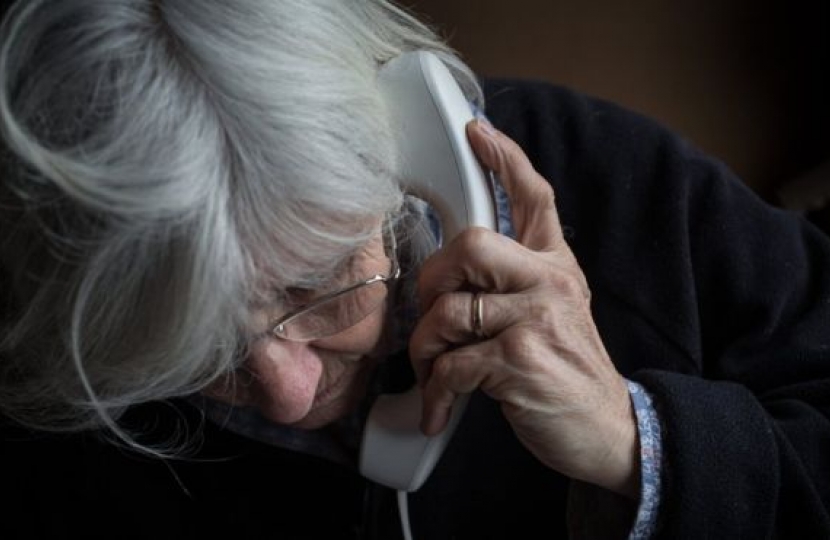
Amid the sound and fury in Westminster in recent days and weeks, the day to day work of Government has continued - as it must. Policy changes that may not make the front pages, but that will benefit many people are still being implemented.
From my own department, there has been an important announcement about making sure our Armed Forces veterans are looked after when their service of Queen and Country comes to a close and they need to access local housing.
While the majority of military personnel transition successfully into civilian life, an overhaul of the system will mean all applicants for social housing will be asked if they have served in the Forces at the outset of the process to ensure veterans get the help they are entitled to.
Council staff will also get extra training so they can give current and former Armed Forces personnel the housing support they need.
The reality of military service means veterans and their families do not always have the opportunity to build a connection to one particular area, and this should not disadvantage them when it comes to accessing local housing.
Since 2012, current and former service personnel have not had to be ‘resident’ in an area to get access to a social home for their families, as part of the Government’s and our councils’ commitment to the Armed Forces Covenant.
Under the new proposals announced by Communities Secretary James Brokenshire, those with Post Traumatic Stress Disorder and other mental illnesses could be treated in the same way as those with physical injuries, and get the priority they deserve.
I know from my visits to the Pheonix House Recovery Centre run by Help for Heroes at Catterick Garrison just how significant this issue can be for veterans.
The plan is also to help people who divorce or separate from their partners in the Armed Forces by exempting them from rules requiring them to be a local resident before being given a property.
Today, people who split from their partner in the Forces are made to move out of military accommodation and can be denied social housing because they have “not been resident in the area for long enough”.
They may not be willing or able to settle in the district where their military spouse or partner is stationed, particularly if they have been the victim of domestic abuse.
The government is consulting on publishing new guidance which will encourage councils to waive the residency rules.
I am pleased to say our own local authorities, Richmondshire and Hambleton, are already doing more than most councils to make sure veterans are treated equitably. My thanks and congratulations to them for being forward-sighted on this important issue.
Another important Government announcement which potentially affects many people in our area came from my ministerial colleague in the Treasury, John Glen.
He announced a ban on cold-calling about pensions. Companies that make unwanted, unsolicited phone calls to people about their pensions may face enforcement action, including fines of up to half a million pounds.
Pensions fraud can be devastating, leaving victims without the means to fund their retirement. I have dealt with very concerning cases constituents have brought to my attention. I have raised this repeatedly with Ministers and made sure we had a helpful advice sheet for attendees at my local Older Persons’ Fair.
One of the most common methods used by scammers to commit pensions fraud is through cold calls. Research by the Money Advice Service suggests that there could be as many as eight scam calls every second - the equivalent of 250 million calls per year.
If you receive an unwanted call from an unknown person about your pension, get as much information you can and report it to the Information Commissioner’s Office via its website - ico.org.uk/make-a-complaint - or by calling the Commissioner’s office on 0303 123 1113.
These kinds of small but significant changes don’t get a lot of attention, but will make a real difference to the day to day lives or ordinary people, and remind me of the important work Government can do.
